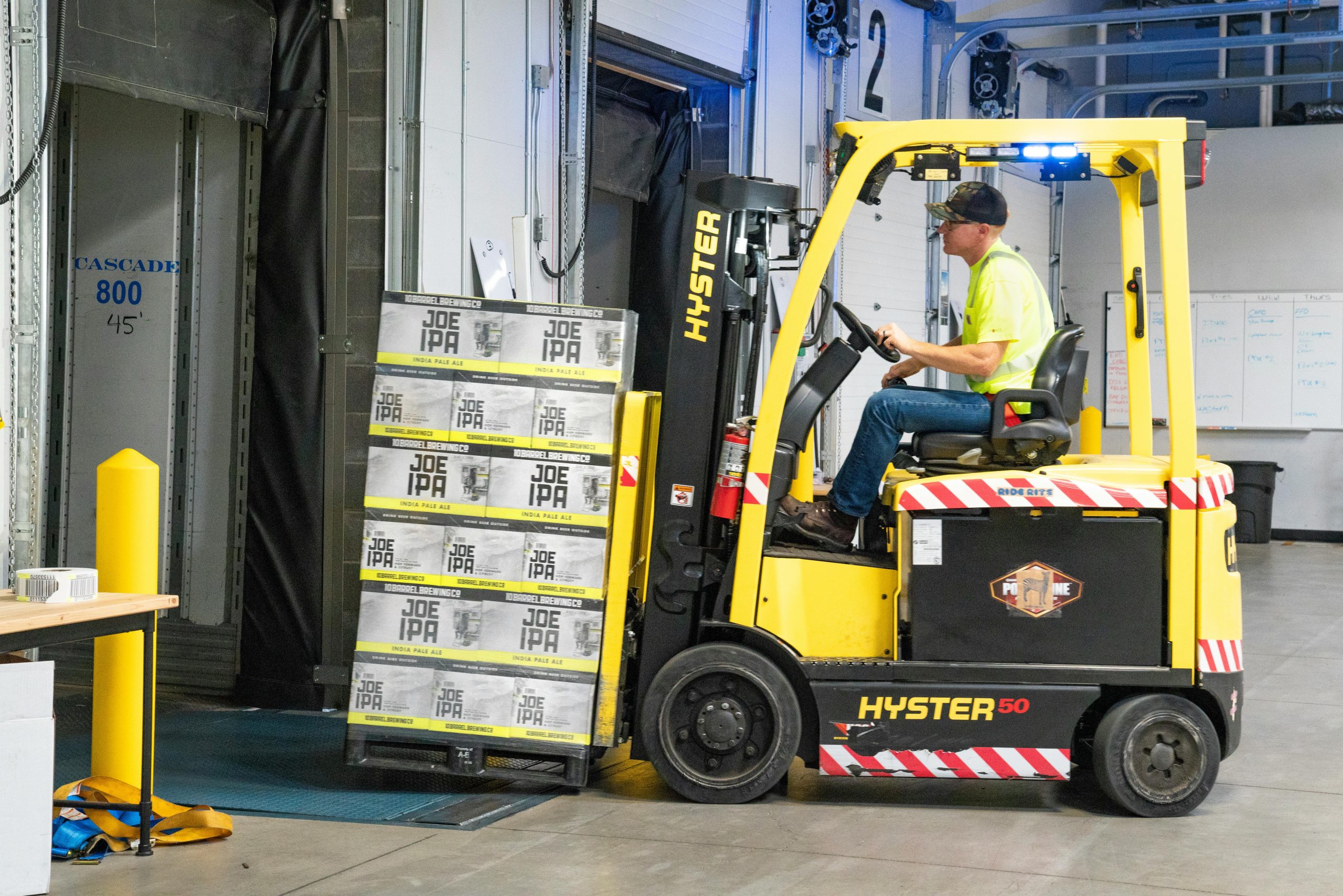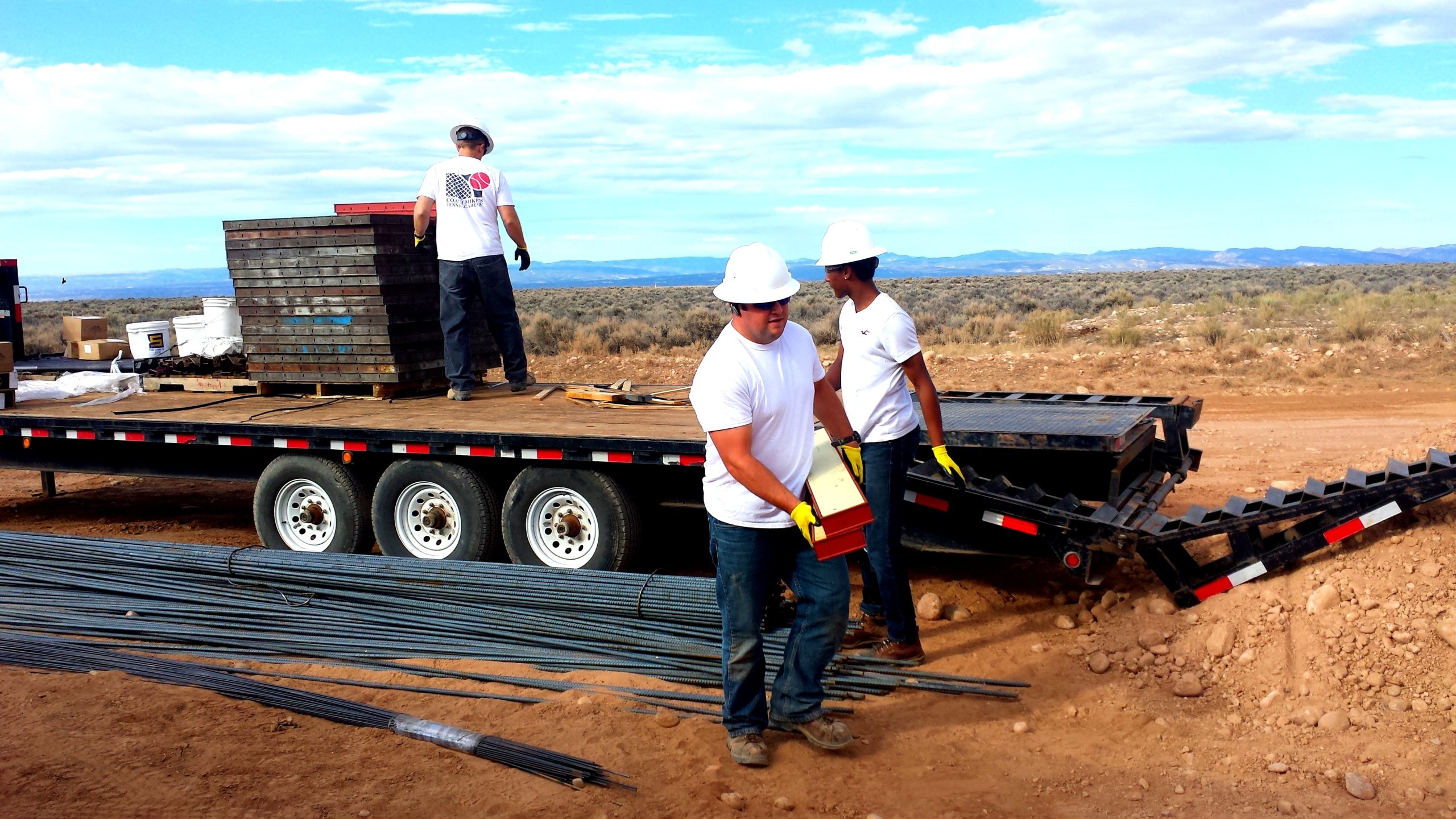 In a victory for injured workers in Louisiana, the Court of Appeal for the Fourth Circuit recently upheld a decision granting Lorae Burnett the right to shoulder surgery following a work-related motor vehicle accident. The case, Burnett v. Full Force Staffing, LLC, & LUBA Casualty Insurance Company, centered on interpreting the state’s Medical Treatment Guidelines and whether the recommended surgery was medically necessary and appropriate.
In a victory for injured workers in Louisiana, the Court of Appeal for the Fourth Circuit recently upheld a decision granting Lorae Burnett the right to shoulder surgery following a work-related motor vehicle accident. The case, Burnett v. Full Force Staffing, LLC, & LUBA Casualty Insurance Company, centered on interpreting the state’s Medical Treatment Guidelines and whether the recommended surgery was medically necessary and appropriate.
Background of the Case:
Mr. Burnett, an employee of Full Force Staffing, was injured in a motor vehicle accident while on the job. He sought workers’ compensation benefits for various injuries, including significant pain in his right shoulder. After receiving conservative treatment that failed to alleviate his pain, Mr. Burnett’s orthopedic shoulder specialist, Dr. Savoie, recommended surgery.
 Insurance Dispute Lawyer Blog
Insurance Dispute Lawyer Blog


 In a decisive move highlighting the importance of procedural adherence in workers’ compensation cases, the Louisiana Court of Appeal, Fourth Circuit, dismissed an appeal because the appellants failed to post a required appeal bond.
In a decisive move highlighting the importance of procedural adherence in workers’ compensation cases, the Louisiana Court of Appeal, Fourth Circuit, dismissed an appeal because the appellants failed to post a required appeal bond. Navigating the complexities of
Navigating the complexities of  A recent ruling by the
A recent ruling by the  In the realm of workers’ compensation, the interplay between physical injuries and mental health can be complex. A recent Louisiana Court of Appeal decision highlights the challenges faced by workers seeking compensation for mental health conditions arising from workplace injuries. The case involved a police officer who developed psychological issues after a back injury, and the court’s ruling underscores the high standard of proof required for such claims.
In the realm of workers’ compensation, the interplay between physical injuries and mental health can be complex. A recent Louisiana Court of Appeal decision highlights the challenges faced by workers seeking compensation for mental health conditions arising from workplace injuries. The case involved a police officer who developed psychological issues after a back injury, and the court’s ruling underscores the high standard of proof required for such claims. In the realm of workers’ compensation, ensuring injured employees receive necessary medical treatment can sometimes be a battle. A recent Louisiana Court of Appeal decision, Deubler v. Bogalusa City Schools, highlights the complexities surrounding the Louisiana Medical Treatment Guidelines and the process of obtaining authorization for treatment. This case serves as a reminder of the importance of adhering to these guidelines while also recognizing the need for flexibility when circumstances warrant it.
In the realm of workers’ compensation, ensuring injured employees receive necessary medical treatment can sometimes be a battle. A recent Louisiana Court of Appeal decision, Deubler v. Bogalusa City Schools, highlights the complexities surrounding the Louisiana Medical Treatment Guidelines and the process of obtaining authorization for treatment. This case serves as a reminder of the importance of adhering to these guidelines while also recognizing the need for flexibility when circumstances warrant it. Injuries that occur while an individual is working can devastate the injured party’s life in several ways. Not only does the injured party likely earn less money due to the injury, but other damages, such as medical expenses and loss of enjoyment of life, may also result.
Injuries that occur while an individual is working can devastate the injured party’s life in several ways. Not only does the injured party likely earn less money due to the injury, but other damages, such as medical expenses and loss of enjoyment of life, may also result. David Cox delivered four pallets of shirk-wrapped material for his employer, Southwestern Motor Transport, in June 2012. The delivery location was the Baker Distributing Company warehouse in Shreveport, Louisiana. Baker’s delivery dock did not have a dock plate. A dock plate is a metal bridge connecting a truck’s back to the loading dock. There is an empty space between the back of the truck and the loading dock without a dock plate. In addition, Cox found that the loading dock was cluttered with several objects. Due to this clutter, Cox could not use a forklift to unload the truck.
David Cox delivered four pallets of shirk-wrapped material for his employer, Southwestern Motor Transport, in June 2012. The delivery location was the Baker Distributing Company warehouse in Shreveport, Louisiana. Baker’s delivery dock did not have a dock plate. A dock plate is a metal bridge connecting a truck’s back to the loading dock. There is an empty space between the back of the truck and the loading dock without a dock plate. In addition, Cox found that the loading dock was cluttered with several objects. Due to this clutter, Cox could not use a forklift to unload the truck.  Nurses fighting one another may sound like a scene from daytime television, but unfortunately, this also occurs in real time. When one employee attacks a supervisor, can a supervisor proceed with a lawsuit against the employer? A nursing home in Laplace, Louisiana, recently tried to be dismissed from a personal injury lawsuit regarding two of its employees, stating it could not be vicariously liable. The Louisiana Fifth Circuit Court of Appeal judged this was a question for trial.
Nurses fighting one another may sound like a scene from daytime television, but unfortunately, this also occurs in real time. When one employee attacks a supervisor, can a supervisor proceed with a lawsuit against the employer? A nursing home in Laplace, Louisiana, recently tried to be dismissed from a personal injury lawsuit regarding two of its employees, stating it could not be vicariously liable. The Louisiana Fifth Circuit Court of Appeal judged this was a question for trial.  Unfortunately, accidents at the workplace are not uncommon occurrences. What happens, however, when you are injured while traveling? Will you still receive workers’ compensation if you are not physically on the jobsite? The answers to these questions will depend on the facts of the case and whether you were acting within the scope of your employment. The following Caddo Parish case outlines this predicament.
Unfortunately, accidents at the workplace are not uncommon occurrences. What happens, however, when you are injured while traveling? Will you still receive workers’ compensation if you are not physically on the jobsite? The answers to these questions will depend on the facts of the case and whether you were acting within the scope of your employment. The following Caddo Parish case outlines this predicament.